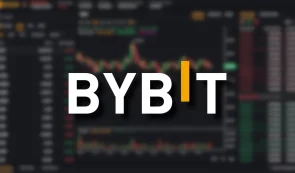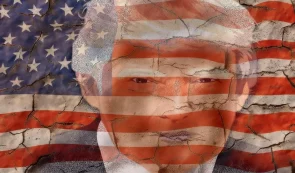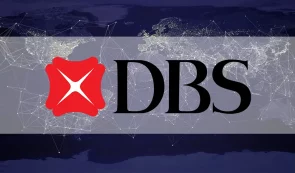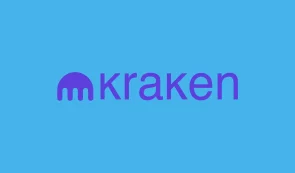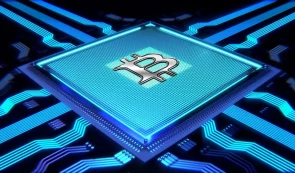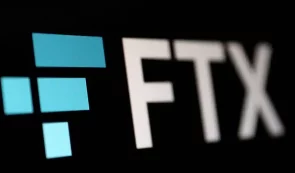Russian Ruble in Crisis: Kremlin and Central Bank Lock Horns
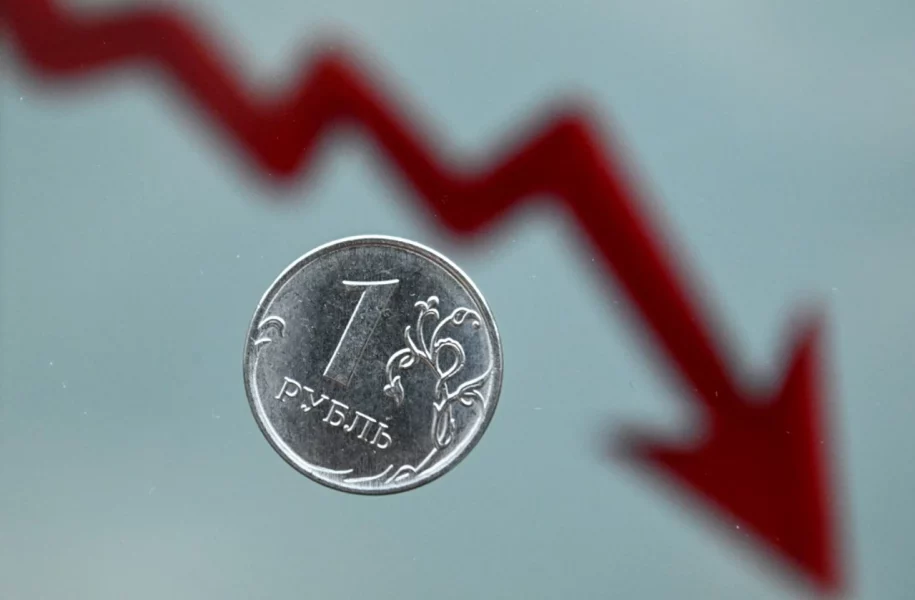
Kremlin economic aide Maxim Oreshkin pointed to the central bank's role in the ruble's decline, publicly criticizing its monetary policy just before the ruble hit its lowest level against the dollar since March of the prior year.
Oreshkin’s rare article in state news agency Itar-Tass attributed the ruble’s weakening and inflation acceleration to the soft monetary policy, showcasing internal discord in Russia’s top levels on how to handle the ruble’s slump.
As the ruble continued its recent drop, a prominent Kremlin figure remarked during a broadcast about foreign ridicule. Senior lawmaker Andrei Klishas highlighted the social impact of the exchange rate on citizens’ rights.
Bank of Russia Governor Elvira Nabiullina attributed the ruble’s weakness to worsening foreign trade and higher inflation to increased government spending and labor shortages from the costly war effort.
While the central bank remained unperturbed by the ruble’s performance, it indicated potential interest rate hikes in upcoming meetings to safeguard financial stability.
A Bloomberg Economics analysis foresaw a peak in the exchange rate’s impact on consumer prices six months after the shock, with room for central bank rate increases reaching 10% or more by year-end.
Oreshkin defended government policies, noting budget stabilization and surplus expectations. He highlighted the oil and gas surplus, reducing reliance on the wealth fund.
He identified rapid lending growth as a key money supply driver and stressed the need for a strong ruble for economic transformation and citizens’ income.
However, this view contradicted the central bank’s flexible exchange-rate policy, according to Deputy Governor Alexey Zabotkin.
The ruble’s prolonged decline saw a 26% depreciation against the dollar this year. The central bank raised the key rate to 8.5% and halted domestic foreign currency purchases.
Nonetheless, these actions failed to stabilize the ruble, with JPMorgan predicting a potential increase to 10% by year-end.
Rosbank suggested faster rate hikes or tighter capital controls as countermeasures, noting the absence of immediate intervention signals.


